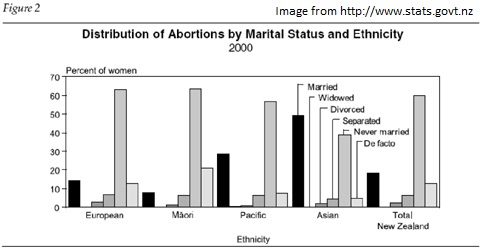Abortion Rights and Marital Status

Shaziya Shaikh is a SyBMM student at St. Andrew’s College, Bandra. She is an aspiring journalist, and creative writer as well. She believes in improving oneself to become better and better in all stages of life and that life has a deeper meaning to everything, just because we cannot see it does not mean it doesn’t exist.
Abortion Rights and Marital Status
The Medical Termination of Pregnancy Bill (MTP) came into existence on 10th of August 1971, known as “The MTP Act, 1971“. This Act defined a woman’s right to abort the foetus growing in her body in certain conditions so as to attain a balance between the fundamental human rights of a woman over her body and that of the unborn child’s over his/her own life.
The MTP Act, 1971, explained situations in which termination of pregnancy becomes legal and they are:
- If the pregnancy may cause a danger to the woman’s life solely, her physical and/or mental health.
- If the pregnancy is caused without the consent of the woman or sexual crimes like rape or intercourse with a psychologically ill woman.
- If the unborn child shows symptoms of having severe physical or mental imbalance.
- The legal abortion is allowed only until 20 weeks of pregnancy.
- Failed Contraception.
Though abortion was illegal before the law came into action, it has always existed in the Indian society. Being unaware of methods to prevent pregnancy was one of the major reasons of illegal abortions in India along with acts of inhumanity where the consent of the girl or woman never mattered. People resorted to illegal methods of abortion every time a woman was impregnated in unwanted situations. The process was and still is minimally considered as a taboo and/or unethical based on communities, there were no proper measures available for abortion, highly skilled and educated doctors were aware of procedures but the apparatus was unattainable. Therefore, people resorted to illegal actions where doctors did it guardedly with poor safety measures resulting into excessive numbers of maternal deaths.
After the sanction of the law, the death rates began dwindling as the safety levels improved but not as was expected because the law was only valid for married women. Single women were considered immoral, lacking self-respect and of low standards for indulging in sexual activities before marriage. Therefore, if a single woman conceived she preferred using illegal means to abort the child even if the conception was due to rape or non-consensual sex. The unsafe situations continued even after the law was passed as single women were shamed and not allowed abortions. Even today, the law and condition of women remain the same.
The Act has remained unchanged all these years in spite of better education, fights for equality, changing eras, changing states of mind and feminism. It was in 2014 that the Health Ministry of India proposed an amendment to the MTP Act of 1971. While the act remained the same allowing a woman to have control of her being along with securing the unborn child’s right to life as well, the amendment is to expand its reach to unmarried and single women as well. Finally, the government will look at woman equally without the discrimination of marital status as dictated by age-old traditions and customs.
All the conditions considered in the Act that are legally approved for abortion in the case of a married woman are now being proposed to be made available for single and unmarried women as well. “We have also recommended that we will expand the base and include Auxiliary Nursing Midwife (ANM) as well as doctors practising AYUSH (Ayurveda, Yoga, Unani, Siddha, and Homeopathy) and other traditional medicines”, said a senior official of the Health Ministry. The proposed amendment demands a stretch of 24 weeks for the abortion limit. A press release revealed more of the amendment draft, “We are keen to push these amendments. We have done all our due consultations with the stakeholders. We have said any woman who wants an abortion, whether she is single or married, can opt for it.”
Once both the parliament houses approve of the amendment, irrespective of whether a woman is married or not, the law will protect and ensure her choice. After being denied of our rights for years, the ministry has raised our hopes again for women from all paths of life and we can only keep holding to the rope of hope.
Opinions expressed are of the writer.


